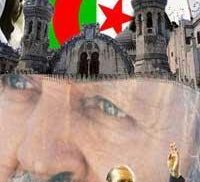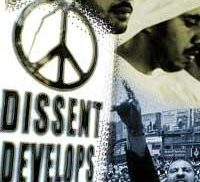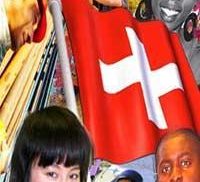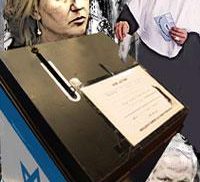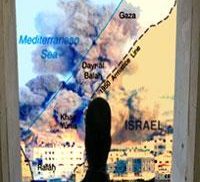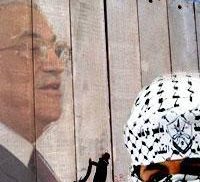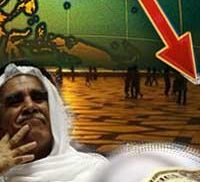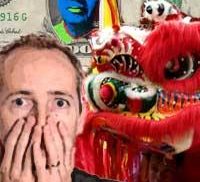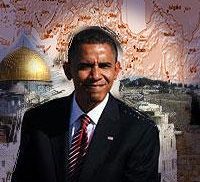This dossier stems from the debate sparked by Elizabeth Suzanne Kassab’s article—which opens this collection—on the transformation of the Arab intellectual scene after 2011. Her notion of a “new contemporary” in Arab thought prompted a series of contributions that do not aim to offer solutions, but rather to raise new questions, probe unresolved issues, and put forward critical perspectives. Bringing together Kassab’s essay and two related pieces, the dossier explores how Arab thought is redefining itself in light of the uprisings, the failures of political transitions, and the moral and intellectual rupture marked by Gaza.
Dossiers
- The winner of the Algerian presidential elections to be held on April 9th is already known. He is the outgoing President Abdelaziz Bouteflika, who had the constitution changed so he could run for a third consecutive term. In the last ten years this country has at last seen the end of the civil war, but has not yet been capable of finding the path to modernity. The political system remains tragically closed, with “pluralist” elections that, however, do not indicate any opportunities for change. As a protest against the president’s coup de main, the main opposition groups have in fact boycotted this election.
- “Dissent is a constitutive virtue of democracy” writes Nadia Urbinati, Professor of Political Theory at New York’s Columbia University. “Rather than corroding social ideals, as authoritarians and conservatives believe, it strengthens partiality and cooperation between citizens. Dissent reveals a fundamental loyalty to a country, a society or a community.” But how is dissent developing nowadays in the Arab world? And what should the West do to support it?
- In a recent referendum, 60% of Swiss citizens voted in favour of the free movement of labour between the Confederation and the E.U. (Bulgaria and Romania included). This was a surprising vote that reversed the country’s isolationist stereotype, and that also goes against the trend (see controversies on Italian workers in Great Britain and Lieberman’s success in Israel). The Right, waving the spectre of an invasion of cheap foreign labour, lost the election. The election was instead won by those choosing not to be afraid of foreigners and the economic crisis.
- In Italy the Speaker of the Chamber of Deputies, Gianfranco Fini, has proposed that only the language of the country mosques are in should be used for preaching. Is this a measure that could encourage integration, or is it dictated only by security concerns and the need to control the words spoken by Imams? The debate has begun. In the meantime, once again in Italy, for some time now the Islamic Council has stopped holding meetings.
- On February 10th Israeli citizens will be called-upon to vote in a general election. Their future is at stake, as is that of their neighbours the Palestinians. How will voting be conditioned by the recent war with Hamas? What effect would a victory by Benjamin Netanyahu’s right wing Likud party have on peace negotiations? Resetdoc talks to author Etgar Keret and Haaretz journalist Gideon Levy, who explains the reasons for the bitter controversy between himself and Abraham Yehoshua during this conflict.
- "Air strikes on Gaza are not a solution. More Palestinian deaths are what Hamas needs to feed its own radicalism," states the Czech Republic Minister of Foreign Affairs Karel von Scharzenberg in Giancarlo Bosetti’s interview. How is this war going to change the relationships between Israelis and Palestinians? Political philosopher Seyla Benhabib writes: “Suppose there was a confederation in Israel-Palestine. This confederation could become the kernel of a Middle Eastern Union of Peoples, in which Turkey, Egypt, Saudi Arabia, Jordan and many other states would conjoin together much along the model of the European Union”.
- The conflict between the two main Palestinian political parties shows no sign of abating. On one hand Hamas dominates the Gaza Strip, on the other Fatah continues to govern the West Bank. Two visions of the world or more simply two different political power machines? President Abu Mazen’s mandate is drawing to an end with few regrets, while Hamas has announced that the truce with Israel is over. In the meantime the conflict between the two political parties reflects the divisions within the Arab League. Is there any way out of this blind alley?
- What are the consequences of the global financial crisis in the Arab world? The Gulf region’s financial markets have suffered considerable losses, but above all it has been the fall in the price of oil that has highlighted the weakness of the Arab economy. And yet there are some on the shores of the Mediterranean who are increasingly optimistic. These are the people who relied on financial institutes that respect the Shari ‘a, the so-called “Islamic finance.”
- Is China’s terrible reputation in the western media legitimate? Two books, one published in America and the other in Italy, explain the reasons for the West’s growing fear of the Asian giant and its emigrants. Criticising China is a sport explained with an entire series of misunderstandings, prejudices and urban legends. What do we really know about Chinese culture? What will change with Obama in the White House and the worsening of the economic crisis?
- The world is celebrating Barack Obama, the new President of the United States of America. Young, educated, with a multicultural, multiracial and cosmopolitan background, Obama provides new prestige to America’s image and to that of western liberal democracy. The Arab world has reacted enthusiastically, but is waiting to see the new White House resident in action. “Will he be with us or against us?”, wonder Palestinians and Israelis. In theory with neither, and this gives us hope. The task awaiting Obama is arduous, but the man does not lack audacity and hope. Will he also inspire change far from America? Even in China?



